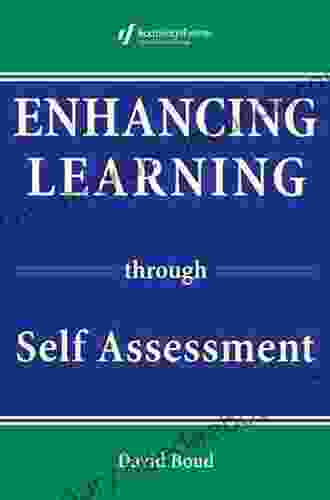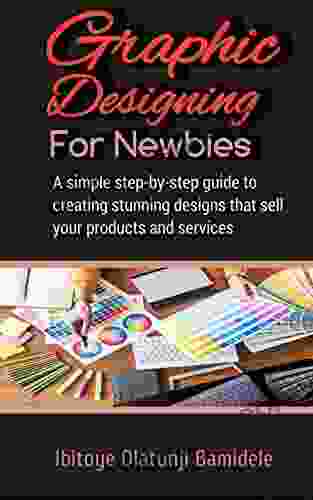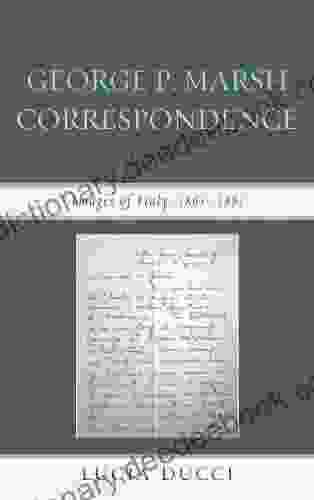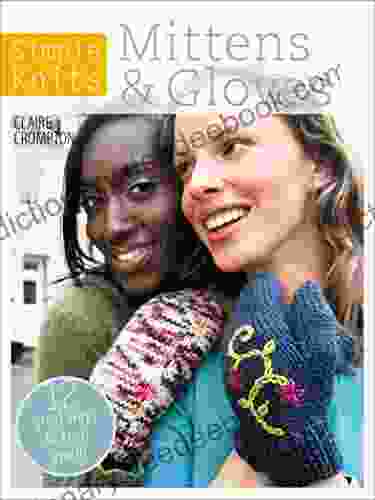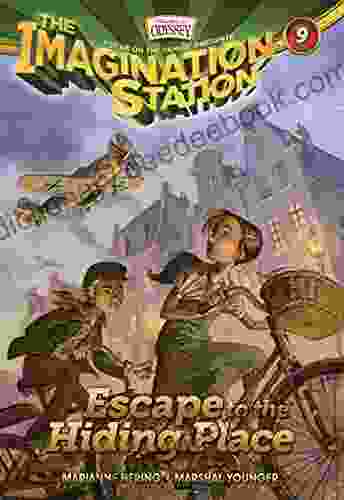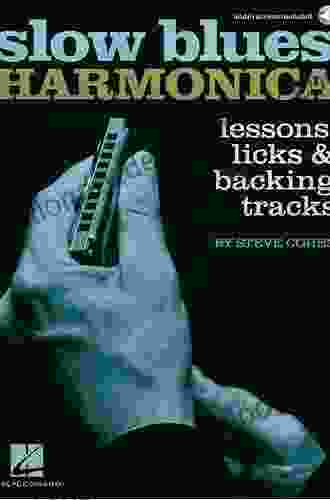Enhancing Learning Through Self Assessment: A Comprehensive Guide to David Boud's Theory and Practice

Self assessment has emerged as a critical pedagogical tool in modern education, empowering students to take ownership of their learning journey. David Boud, a renowned educational theorist, has played a pivotal role in shaping our understanding of self assessment and its profound impact on learning outcomes. This article provides a comprehensive exploration of Boud's theory and practice of self assessment, highlighting its key principles and practical applications in various educational contexts.
Boud's Theory of Self Assessment
According to Boud, self assessment involves "the ability to reflect on and evaluate one's own learning, performance, or understanding." It encompasses a set of skills and dispositions that allow learners to:
4.5 out of 5
| Language | : | English |
| File size | : | 2345 KB |
| Text-to-Speech | : | Enabled |
| Screen Reader | : | Supported |
| Enhanced typesetting | : | Enabled |
| Word Wise | : | Enabled |
| Print length | : | 256 pages |
- Monitor their own learning progress
- Identify areas for improvement
- Set realistic learning goals
- Take responsibility for their own learning
- Develop a sense of self-awareness and self-direction
Boud emphasizes that self assessment is not simply a matter of grading oneself, but rather a process of critical reflection and self-improvement. It involves identifying strengths and weaknesses, understanding the reasons behind performance, and developing strategies for improvement.
Key Principles of Self Assessment
Boud's theory of self assessment is founded on several key principles:
- Student Ownership: Self assessment places the learner at the center of the assessment process, fostering autonomy and self-directed learning.
- Reflection: It encourages students to critically reflect on their learning experiences, identify areas for growth, and develop strategies for improvement.
- Calibration: Self assessment involves comparing one's own performance against external criteria or standards, ensuring that self-evaluations are accurate and meaningful.
- Dialogue: Boud advocates for open and constructive dialogue between students and teachers about self assessment, providing feedback and guidance to support student learning.
Practical Applications of Self Assessment
Self assessment can be implemented in a variety of educational settings, including:
- Formative Assessment: Self assessment can be used to provide feedback during the learning process, helping students to identify areas for improvement and make necessary adjustments.
- Summative Assessment: Self assessment can also be used as a summative measure of student learning, allowing students to demonstrate their understanding and skills.
- Peer Assessment: Students can engage in peer assessment, where they assess each other's work, providing constructive feedback and developing critical evaluation skills.
- Self-Directed Learning: Self assessment empowers students to take ownership of their learning, set their own goals, and monitor their progress independently.
Benefits of Self Assessment
Research has consistently demonstrated the numerous benefits of self assessment for student learning, including:
- Enhanced self-awareness and metacognitive skills
- Improved learning outcomes and academic performance
- Increased motivation and engagement in learning
- Development of critical thinking and problem-solving skills
- Fostering of autonomy and self-directed learning
- Improved communication and interpersonal skills
Challenges and Considerations
While self assessment offers numerous benefits, it is not without challenges. Some potential challenges include:
- Inaccurate Self-Assessment: Students may struggle with accurately assessing their own performance, leading to biased or unreliable self-evaluations.
- Time Constraints: Self assessment can be time-consuming, especially for complex tasks or large classes.
- Cultural and Contextual Factors: Cultural norms and educational contexts can influence the way students perceive and engage in self assessment.
To address these challenges, it is crucial for educators to provide clear guidelines, training, and support to students in the process of self assessment.
David Boud's theory and practice of self assessment has revolutionized our understanding of student learning and assessment. By empowering students to take ownership of their learning journey, self assessment fosters autonomy, critical reflection, and self-improvement. When implemented effectively, self assessment can lead to significant enhancements in learning outcomes, fostering a generation of self-directed and lifelong learners.
4.5 out of 5
| Language | : | English |
| File size | : | 2345 KB |
| Text-to-Speech | : | Enabled |
| Screen Reader | : | Supported |
| Enhanced typesetting | : | Enabled |
| Word Wise | : | Enabled |
| Print length | : | 256 pages |
Do you want to contribute by writing guest posts on this blog?
Please contact us and send us a resume of previous articles that you have written.
 Novel
Novel Story
Story Genre
Genre Reader
Reader Library
Library Paperback
Paperback E-book
E-book Magazine
Magazine Bookmark
Bookmark Foreword
Foreword Preface
Preface Synopsis
Synopsis Manuscript
Manuscript Bestseller
Bestseller Library card
Library card Narrative
Narrative Autobiography
Autobiography Memoir
Memoir Reference
Reference Dictionary
Dictionary Thesaurus
Thesaurus Narrator
Narrator Character
Character Resolution
Resolution Librarian
Librarian Catalog
Catalog Stacks
Stacks Archives
Archives Periodicals
Periodicals Scholarly
Scholarly Lending
Lending Academic
Academic Reading Room
Reading Room Interlibrary
Interlibrary Literacy
Literacy Thesis
Thesis Dissertation
Dissertation Awards
Awards Book Club
Book Club Textbooks
Textbooks Sonya Grypma
Sonya Grypma Walter I Trattner
Walter I Trattner Wonchang Terry Choi
Wonchang Terry Choi Christina Nosek
Christina Nosek Andreas Matthias
Andreas Matthias Gary Metcalfe
Gary Metcalfe Graham Seal
Graham Seal Sarah Justina Eyerly
Sarah Justina Eyerly Jane Snedden Peever
Jane Snedden Peever Milly Johnson
Milly Johnson Tarah Schwartz
Tarah Schwartz Chip Huyen
Chip Huyen Patience Tamarra
Patience Tamarra Tyrone Bracey
Tyrone Bracey Gene Del Vecchio
Gene Del Vecchio Steven S Smith
Steven S Smith Naleen Chand Lachan
Naleen Chand Lachan J Thomas Allison
J Thomas Allison Evelin Lindner
Evelin Lindner Kurt Gaubinger
Kurt Gaubinger
Light bulbAdvertise smarter! Our strategic ad space ensures maximum exposure. Reserve your spot today!

 Felix HayesFairest: An Unfortunate Fairy Tale - A Grimm Exploration of Beauty, Envy, and...
Felix HayesFairest: An Unfortunate Fairy Tale - A Grimm Exploration of Beauty, Envy, and... Neil GaimanFollow ·12.6k
Neil GaimanFollow ·12.6k Bruce SnyderFollow ·17.9k
Bruce SnyderFollow ·17.9k Joseph ConradFollow ·18.9k
Joseph ConradFollow ·18.9k Amir SimmonsFollow ·9.7k
Amir SimmonsFollow ·9.7k Jeffery BellFollow ·6.4k
Jeffery BellFollow ·6.4k Ryūnosuke AkutagawaFollow ·13k
Ryūnosuke AkutagawaFollow ·13k Alex FosterFollow ·9.5k
Alex FosterFollow ·9.5k Cameron ReedFollow ·10k
Cameron ReedFollow ·10k

 Jerome Powell
Jerome PowellBarbara Randle: More Crazy Quilting With Attitude -...
A Trailblazing Pioneer in...
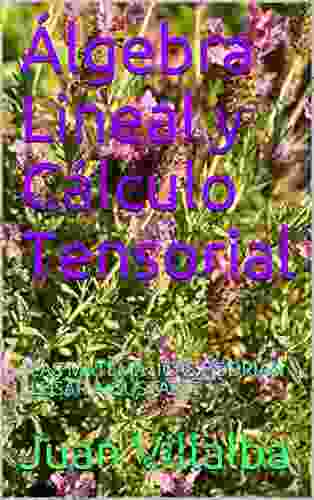
 Jan Mitchell
Jan MitchellLapax: A Dystopian Novel by Juan Villalba Explores the...
In the realm of dystopian literature, Juan...
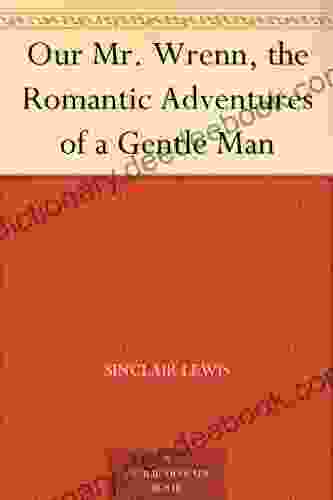
 Rodney Parker
Rodney ParkerOur Mr. Wrenn: The Romantic Adventures of a Gentle Man
Our Mr. Wrenn is a 1937 novel...
4.5 out of 5
| Language | : | English |
| File size | : | 2345 KB |
| Text-to-Speech | : | Enabled |
| Screen Reader | : | Supported |
| Enhanced typesetting | : | Enabled |
| Word Wise | : | Enabled |
| Print length | : | 256 pages |


